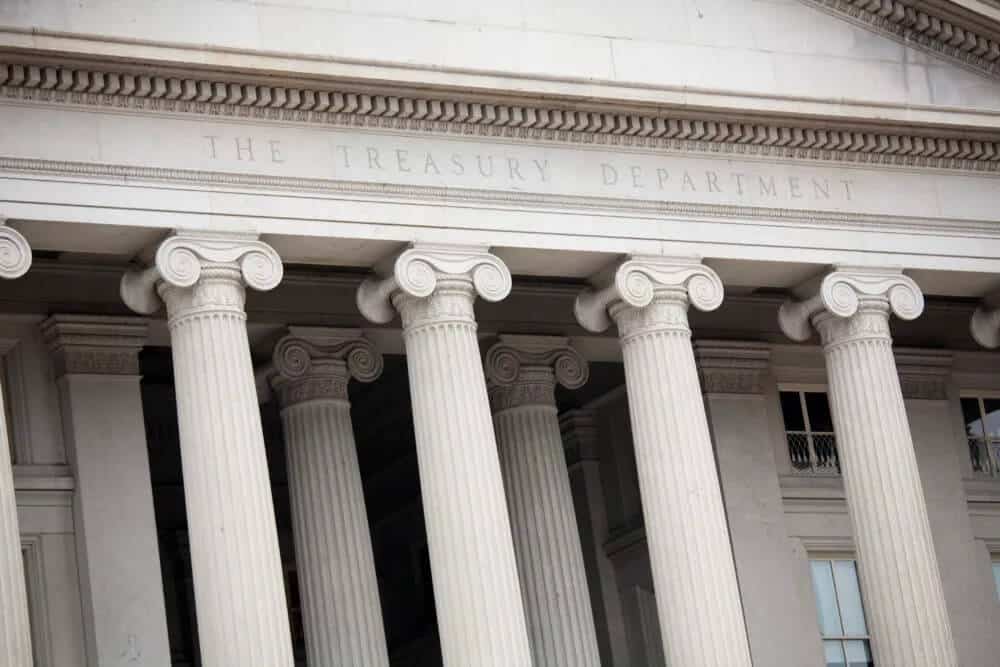
Downturn Management | Startup
How does inflation affect my business?
February 22, 2022
January inflation was 7.5% – the highest rate in over 30 years! While most businesses bemoan the impact of high inflation, savvy Entrepreneurs can leverage the environment to reduce risk and seize the opportunities, boosting long-term profits and gaining market share. Do you know the economic impact of inflation on business?
What are the effects of inflation?
Inflation is an across-the-board rise in prices without an increase in quality or quantity. This is typically measured at the consumer level as the CPI; but inflation effects are felt by businesses before consumers. Typical inflation effects include:
Shortage of raw materials
Rising costs for goods and services
Consumers unable to afford goods or services
A rush on goods, for fear of shortages or price increases
Steep or frequent repricing by businesses
The uncertainty of inflation creates strategic business forecasting challenges for managers and business owners.
How does inflation affect my business?
The economic impact of inflation on your business depends on your circumstances – some sectors face stronger and some weaker cost pressure. Some businesses even profit off inflation (keep reading to the next section.) Depending on your business model and industry, you may face some or all of the following inflation effects:
Supply chain shortages
As demand for goods outpaces supply, businesses often stock out of goods or are unable to transport them quickly enough to satisfy customer timelines.
Raw material cost increases
Inflation drives up raw material costs as suppliers raise prices to ration scarce supply. These cost increases are sometimes realized as expedite fees, surcharges, shrinkflation, or contract renegotiations. Hoarding of scarce goods often leads to increased inventory costs.
High employee turnover and labor shortages
Employees become more wage sensitive as unemployment dips and costs increase. For example, working parents may decide they do not make enough money to pay for daycare and drop out of the workforce, exacerbating labor shortages.
Rising employee wages
Businesses find employees less willing to work for low wages as the cost of living continues to rise.
How do I profit from inflation?
While most focus on the negative effects of inflation, a true entrepreneur will capitalize on the opportunities presented by inflationary periods. These opportunities include:
Strategically repricing goods and services
Periods of inflation are opportunities to change pricing posture relative to competition. For example, a business will naturally “lower their prices” relative to competitors simply by making no price changes. This makes your business more cost-competitive and may boost sales volumes. This is a good strategy if you recently expanded capacity or lowered costs through automation.
On the other hand, companies trying to market themselves as a premium good or service can double-down on price increases during inflationary periods (such as Louis Vuitton recently did.) The overall inflationary environment helps dampen the impact of such changes to the end-customer.
Be sure to perform strategic business forecasting whenever making price changes so you can maximize profitability of your business.
Invest in automation
Inflationary periods are great times to take out loans and invest in automation. Rising inflation lowers the real interest rate paid on loans and automation lowers costs, helping you maintain margins and improve scalability.
Market and sell alternatives
During supply shortages, customers are more willing to try alternative products. One customer of ours could not procure enough steel for their hero product, so they began selling a light-weight aluminum alternative at a higher price. The company was pleasantly surprised to see their revenue and profits grow as old customers quickly adopted the new product, lacking alternatives and finding the light-weight version superior.
New product development comes with a host of budgeting and forecasting challenges; a strong financial planning team can help you move quickly to maximize profitability and scalability of new products.
Customize your inflation strategy for your small business.
The right inflation strategy for your business is relative to your industry, posture, and available resources. One company with historically steady profitability may be wise to invest in automation, but a young business with volatile customer base should not risk over-investing in capacity. Instead, young companies should take advantage of their agility by adjusting their pricing and marketing tactics.
Now that you know how inflation impacts small business, work with your fractional CFO or financial advisors to ensure your business not just survives but thrives during inflation. Check out our blog on the top 5 inflation strategies.
Related Articles
Ready to Elevate Your Finances?
Need more specific advice? Schedule a consultation



